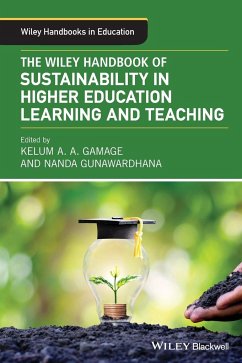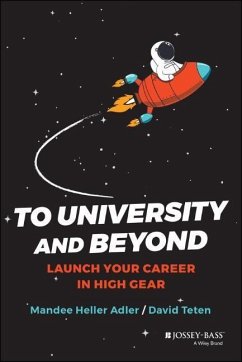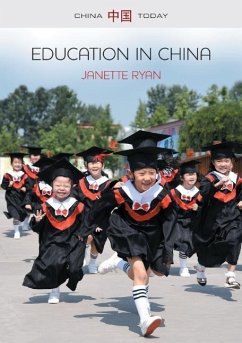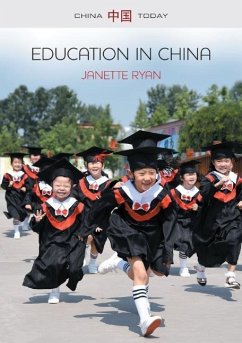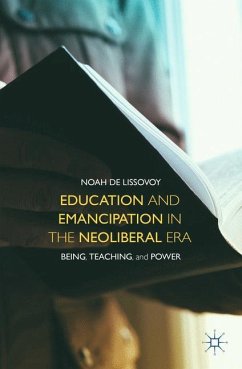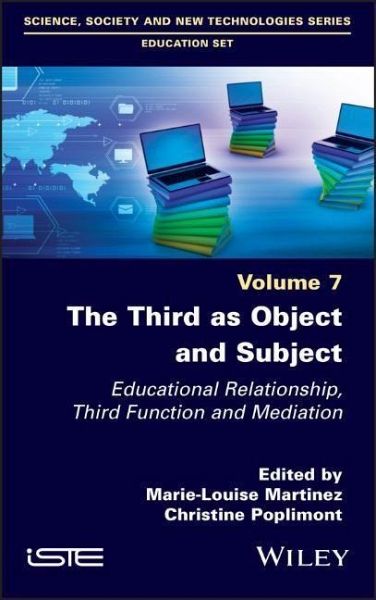
The Third as Object and Subject: Educational Relationship, Third Function and Mediation
Versandkostenfrei!
Versandfertig in über 4 Wochen
146,99 €
inkl. MwSt.

PAYBACK Punkte
73 °P sammeln!
The role of the third party is often played by a material or psychic object or by a living being, then called the ?subject?. The third party enables relationships, especially in education. According to Michel Vial, "the third object is a medium that sends the subject back to themself and allows them to work on their change, to regulate themself, to evaluate themself". If the object can exercise the role of the third party in interpersonal or intrapersonal relations, it is always the subject and the subject's relationship with another human being, or with the group, that benefits or suffers fro...
The role of the third party is often played by a material or psychic object or by a living being, then called the ?subject?. The third party enables relationships, especially in education. According to Michel Vial, "the third object is a medium that sends the subject back to themself and allows them to work on their change, to regulate themself, to evaluate themself". If the object can exercise the role of the third party in interpersonal or intrapersonal relations, it is always the subject and the subject's relationship with another human being, or with the group, that benefits or suffers from it. Paradoxically, it may well be that the condition of possibility enabling the process of personification is the third party, the ?non-person?, as Benveniste claimed.
This book is intended for relationship professionals, educators, parents, teachers, facilitators and trainers, as well as caregivers and therapists, in order to help them understand the issue of the third party
This book is intended for relationship professionals, educators, parents, teachers, facilitators and trainers, as well as caregivers and therapists, in order to help them understand the issue of the third party




